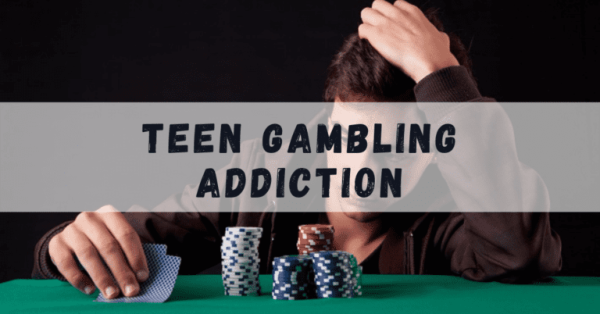Too Much Caffeine Can Be Problematic for Teens

You stop at your nearest Dunkin` Donuts and order a medium iced coffee. You think that it’ll help you stay up and be alert for the day, but does it really?
The consistent use of caffeine, which is found in chocolate, energy drinks, over-the-counter medications, caffeine pills, and of course, coffee, can prevent teens from getting the sleep they need to undergo healthy physical development.
According to the National Sleep Foundation, teenagers need more sleep than adults which means roughly an average of 8 to 10 hours of sleep per night. The article, Health Concerns of Caffeine Consumption by Teens by the Newport Academy argues that “a lack of sleep in adolescents can cause poor performance at school or work, difficulty focusing on specific tasks, irritability, an increased risk of motor vehicle accidents, and weight gain.”
How does a lack of sleep have anything to do with caffeine consumption? Well, teenagers who consume too much caffeine, especially later in the day, have an increased risk of sleep loss. Caffeine can stay in the body for eight to fourteen hours, so it only adds to the cycle of less sleep.
When caffeine is consumed in moderate amounts it is perceived as “relatively safe.” Newpoint Academy mentions that “a little caffeine can help you concentrate, sharpen your thoughts, temporarily improve your motor coordination, and help you stay energized at work or school.”
Note that these are side effects of consuming caffeine in moderate amounts. Excessive use of the drug can cause agitation, shakiness, anxiety, dizziness, dehydration, headaches, an upset stomach, rapid heart rate, and sleep disturbances.
As well as being a stimulant, caffeine is actually a diuretic: a substance that increases the amount of urine that your body generates. On days that are hot, drinking a great quantity of coffee or iced tea without drinking water or other non-caffeinated beverages can be extremely dangerous, causing severe dehydration. So, teens who ingest caffeinated energy drinks before a workout or sport activity are at risk for dehydration, as caffeine can exhaust the body’s fluids.
Moreover, energy drinks are especially a risk for teens. Teens can easily purchase these beverages at convenience stores and supermarkets. Unfortunately, teenagers may not fully be aware of how much caffeine their energy drinks contain or how they can affect their bodies.
The article “Caffeinating Children and Youth” by Noni MacDonald, Matthew Stanbrook, and Paul C. Herbert in the Canadian Medical Association Journal states that energy drinks “typically contain 80 to 140 milligrams of caffeine per 250 milliliter, the equivalent caffeine in one cup of coffee or two cans of cola.” In view of the fact that many teenagers drink these beverages after school and caffeine can stay in the body system for eight to fourteen hours, two or three energy drinks could keep a teenager up all night.
So what do you do now? Don’t worry your life is not ruined. According to the Mayo Clinic, most adults can safely intake 200 to 300 mg of caffeine per day or two to four cups of coffee. However, heavy caffeine use, or 500 to 600 mg of caffeine per day, is when you’re entering dangerous territory.
For teenagers, the recommended daily limits are based on body mass and a history of exposure to caffeine. This can also influence the reaction to the drug.
So how do you know if you’ve had too much caffeine? Well, first things first. Check to see how much caffeine is in what you are about to drink by using the following link: http://www.caffeineinformer.com/the-caffeine-database .
According to the U.S National Library of Medicine, signs of an overdose may include fast or irregular heartbeat, confusion, difficulty breathing, muscle tremors, hallucinations, increased urination, dehydration, and nausea. Note that if you consume caffeine everyday just to stay awake, you may become chemically dependent on it, otherwise known as being addicted.
As previously stated, caffeine can cause several negative drawbacks on a teen’s mind and body. Caffeine may also make you dependent upon it, which is not a good thing at all.










